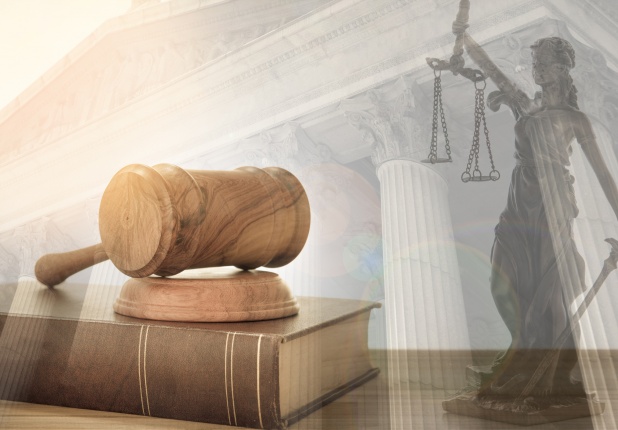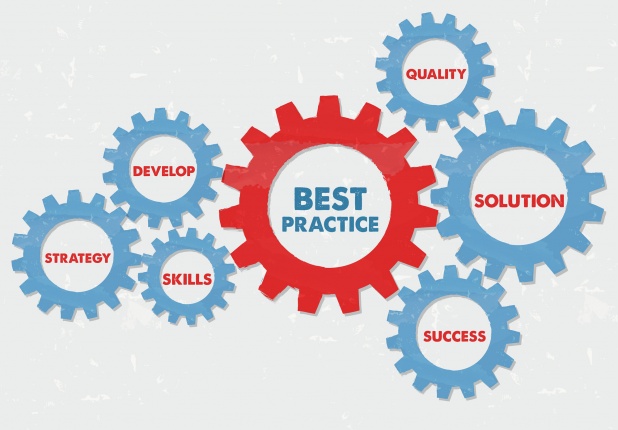We Are Family – I’ve Got All My Sisters’ Discovery Obligations and Me
“We are family.” If you are like many people, you can’t read those words without singing them. Unlike the joyous refrains of Sister Sledge, however, the idea of family may take on a more ominous tone when viewed in the context of familial corporate relationships and the obligation to preserve and/or produce electronically-stored documents or information in litigation. In today’s digital world, related corporate entities may share email servers or electronic databases or jointly engage agents to process or store their electronic data. The use of shared administrative or other departments may further cause the commingling of access to various corporate electronic data repositories. As technical advancements increase and further ease the flow of data between related companies, the question arises what discovery obligations a company may have to preserve or produce its affiliate’s electronic data in litigation to which the related entity is not a party.






